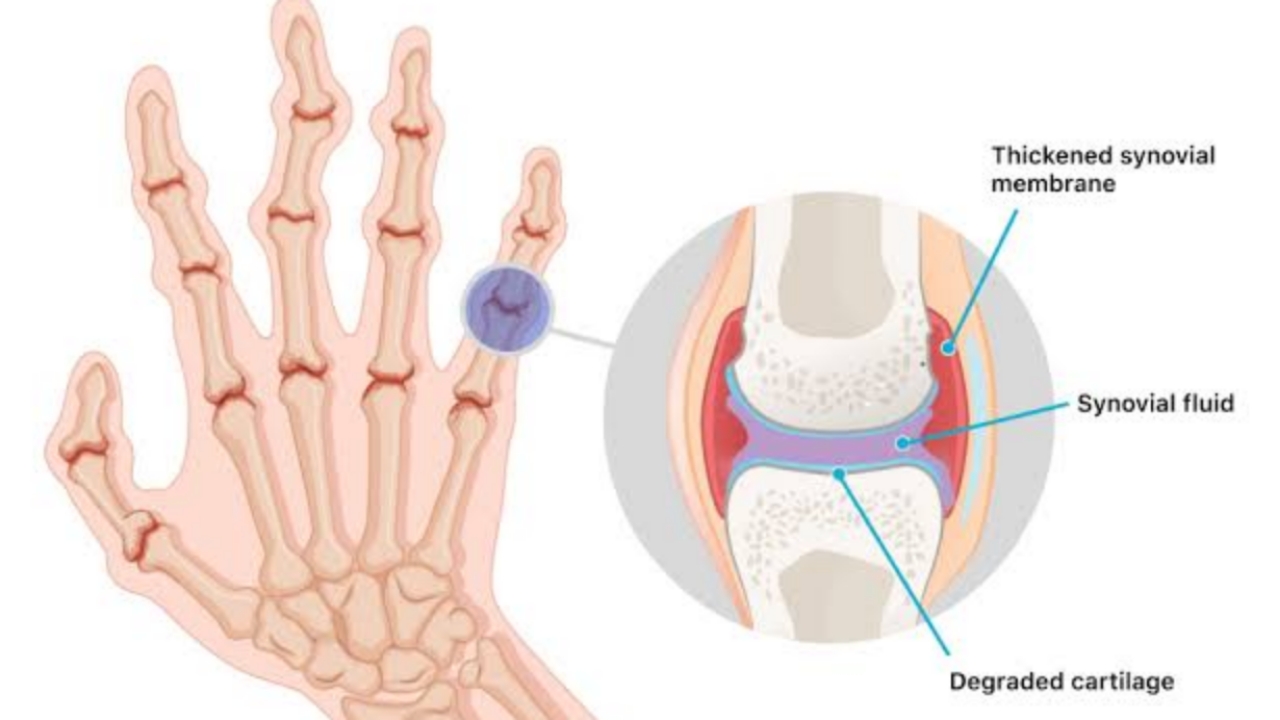

Different people are affected by rheumatoid arthritis (RA) in different ways. Symptoms vary from person to person and might be minor, moderate, or severe. The evolution of RA is difficult to predict. Without proper therapy, the illness tends to deteriorate over time, moving through stages. Many novel medications have proven effective in halting the course of RA. If your medication delays the advancement of RA, you’ll have more time to concentrate on efficiently managing the disease and caring for your health.
The body alters as RA advances. Some changes are visible and tangible, while others are not. Each stage of RA has its own set of therapy objectives.
Stage 1 Joint pain, stiffness, and swelling affect a large number of people. The inside of the joint is inflamed during the first stage. Swelling occurs in the joint tissue. The bones are unaffected, but the synovium, the joint lining, is inflamed.
The second stage of RA is known as moderate RA. The inflammation of the synovium causes damage to the joint cartilage at this stage. Cartilage is a connective tissue that covers the ends of bones at joints. People may endure pain and loss of motion if their cartilage is injured. The joint’s range of motion may be limited.
When RA reaches stage 3, it is classified as severe. Damage to the cartilage and the bones themselves has occurred at this point. Because the cushion between the bones has worn away, they will rub against one other. More discomfort and oedema are possible. Muscle weakness and a loss of movement may occur in some people. Erosion of the bone can result in deformity.
There is no longer any inflammation in the joint at stage 4. When joints stop working, it’s called end-stage RA. People with end-stage RA may still feel pain, oedema, stiffness, and loss of mobility. Muscle strength may be affected. The bones may fuse and the joints may be ruined. Progressing through all four stages can take a long time, and some people never complete all four stages in their lives. Some folks go through times when they don’t have any RA symptoms. This could indicate that your RA has gone into remission.
In today's article, we will learn the importance of happiness and how to maintain it…
Today, we will look at three common mistakes couples make in their relationships regarding intimacy…
In this article, we will learn about the simple ways that can help one overcome…
Check out the list of couples' biggest relationship mistakes in this article.
In this article, we will learn about anxiety and how one can handle it in…
In this article, you will understand the horrifying effects of child abuse.